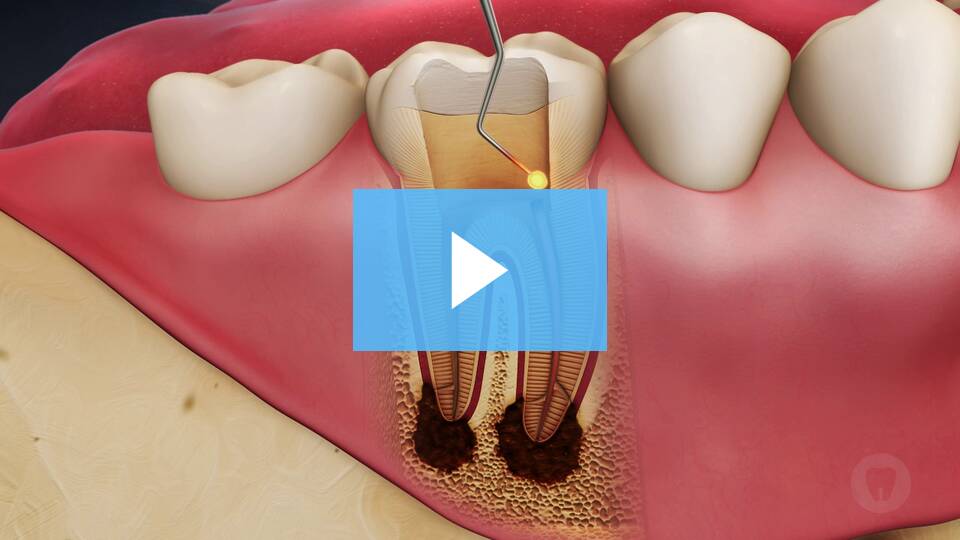Root Canal
Relieve Your Dental Pain
Root Canal vs Extraction
The Importance of Saving Your Natural Tooth
Root canal treatment is a highly effective endodontic procedure that can save natural teeth affected by tooth decay. When left untreated, tooth decay can progress to the inner pulp of the tooth, causing severe pain, swelling, and infection. In such cases, extracting the affected tooth may seem like the easiest solution, but it’s important to understand that this can have long-term consequences for your oral health and overall well-being. Root canal therapy, on the other hand, involves removing the infected pulp and cleaning and shaping the root canals to prevent further infection. This is followed by sealing the tooth with a filling or crown to restore its natural structure and function. By choosing root canal treatment, you not only save your natural tooth.
- NAvoid Surgery
- NSave Natural Tooth
- NRelieves Pain
- NPrevents Infection
- NRestores Function
- NCost Effective
Root Canal Procedure
Root canal treatment involves removing the infected dental pulp, cleaning and shaping the root canals, and filling and sealing the tooth to restore its function. To get a better understanding of the procedure, you can watch a video that illustrates the process.

F.A.Q.
Is root canal treatment painful?
With modern anesthetics and techniques, root canal treatment is generally not painful. Most patients report feeling little to no discomfort during the procedure.
How long does a root canal take?
The length of the procedure can vary depending on the tooth’s location and complexity, but most root canals can be completed in one or two appointments, each lasting about an hour.
What happens after root canal treatment?
After root canal therapy, the dentist will place a filling or crown over the tooth to restore its function and protect it from further damage. Patients may experience some mild discomfort or sensitivity for a few days after the procedure, but this can usually be managed with over-the-counter pain medication.
How long will the restored tooth last?
With proper care and maintenance, a tooth restored with root canal therapy can last a lifetime. It’s important to practice good oral hygiene, avoid chewing hard or sticky foods, and schedule regular dental checkups and cleanings to ensure the longevity of the restored tooth.
Are there any alternatives to root canal treatment?
In some cases, tooth extraction may be necessary if the damage to the tooth is severe or if other treatment options are not viable. However, preserving the natural tooth with root canal therapy is generally the preferred option, as it helps maintain oral health, prevent further damage, and avoid the need for more extensive dental procedures.
How much does root canal treatment cost?
The cost of root canal treatment can vary depending on factors such as the location of the tooth, and the complexity of the case. However, root canal therapy is generally less expensive than a tooth extraction, followed by a dental implant or bridge.
With our financing options, it will not be an issue.
